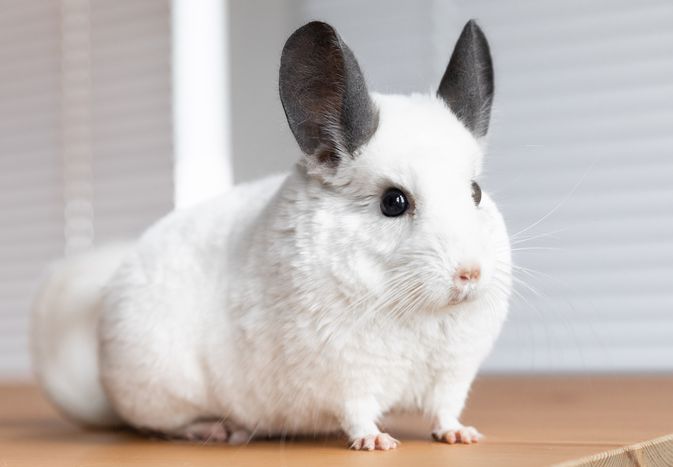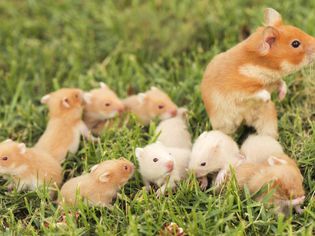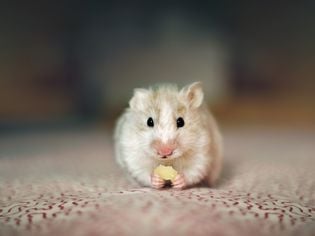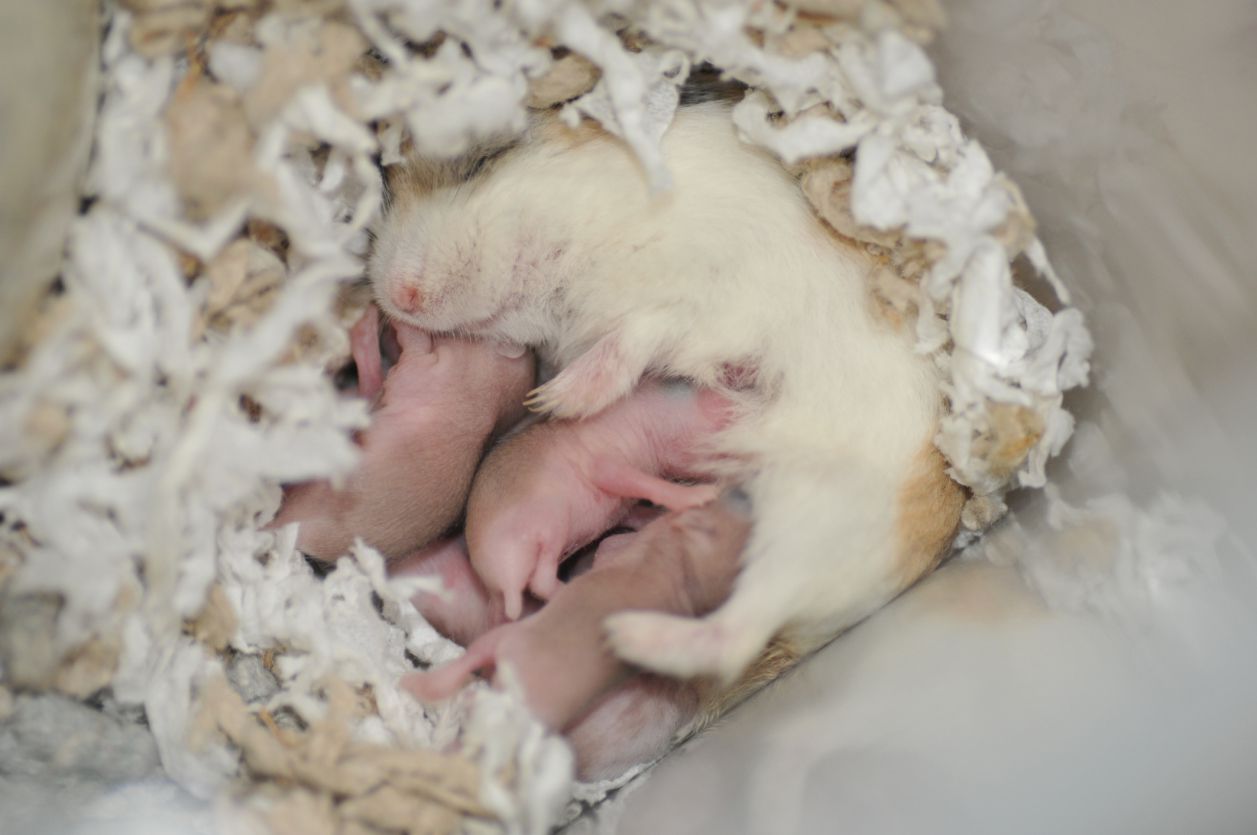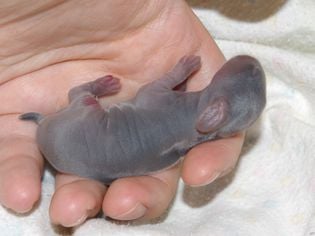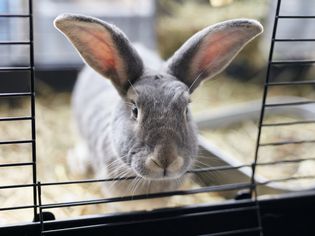What Do Hedgehogs Eat? How to Feed Your Pet a Healthy Diet
If you just brought home a spiky new friend, you might wonder what exactly hedgehogs eat. Being insectivores, hedgehogs need nutrients that may not be found in many other pet foods. Historically, cat food was often used to feed these spiky pocket pets, but there are also quality hedgehog foods that provide ideal nutritional components for a hedgehog.
Besides pet food, hedgehogs enjoy eating insects and fresh fruits and vegetables, so their diet can have a good amount of variety.
Learn all about the various foods that are good for hedgehogs and which ones should be avoided.
General Pet Hedgehog Food Guidelines
Hedgehogs are considered either omnivores or insectivores, depending on the source referenced. If you look at the actual diet of a hedgehog, you'll see that the omnivore description is probably a more accurate one since hedgehogs in the wild will eat a variety of foods, not just insects.
Different species of hedgehogs will have slightly varied diets depending on the part of the world they are from, but most pet hedgehogs are African Pygmy hedgehogs so, being a hybrid, their diet isn't the same as a wild hedgehog.
Hedgehogs have the unique ability to digest chitin from insects. Chitin is found in the hard exoskeleton of insects, and is primarily a protein source but also provides some fiber. Chitin is a necessary component to a hedgehog's diet, but it isn't the only thing a hedgehog needs from food, so various items should be fed in addition to insects.
Hedgehogs can eat many foods, including:
- Mealworms: Live or freeze-dried mealworms are a good source of chitin for hedgehogs. Live worms also provide a good source of mental stimulation since they move around and make a hedgehog have to work a little harder to catch their food.
- Waxworms: Live waxworms are higher in fat but lower in chitin content than mealworms, so these should be saved as treats for hedgehogs.
- Crickets: Available live or freeze-dried, crickets provide chitin as well as mental stimulation for a hedgehog. As with other insects, gut-loading should be done before feeding crickets to your hedgehog to ensure they are loaded with nutrition.
- Invertebrates: A variety of invertebrates, such as beetles, earwigs, caterpillars, earthworms, millipedes, and fly larvae, are also part of a hedgehog’s natural diet, so you can use these to provide variety and nutrition.
- Fruits: Dried fruit should be avoided, but a small amount of fresh fruit can be offered to your hedgehog as a treat. Apples, bananas, berries, and melons are popular choices among hedgehogs.
- Vegetables: Fresh tomatoes, fresh green beans, and cooked squash are some options that your hedgehog may enjoy. Starchy vegetables, such as corn, potatoes, and carrots, as well as dried vegetables, should be avoided.
- Cooked meat: High-protein, low-fat canned dog or cat food, as well as cooked chicken, can be offered in small amounts to a pet hedgehog. Cut the meat into small pieces to ensure your hedgehog will be able to eat it easily and won’t be at risk of choking.
- Cooked eggs: An occasional bit of scrambled or hard-boiled egg is a nice treat that's packed with protein for a hedgehog.
- Pinky mice: If you aren't grossed out by your hedgehog eating a baby mouse, you can offer the occasional pre-killed pinky mouse as a treat.
- Hedgehog or cat kibble: This should be the bulk of your hedgehog's diet. A high-quality cat or hedgehog kibble should contain at least 30% protein and less than 20% fat. Hedgehog food is the ideal diet if it meets these nutritional requirements, but few formulated diets are available that don't include things like raisins and seeds, which are not recommended to feed.
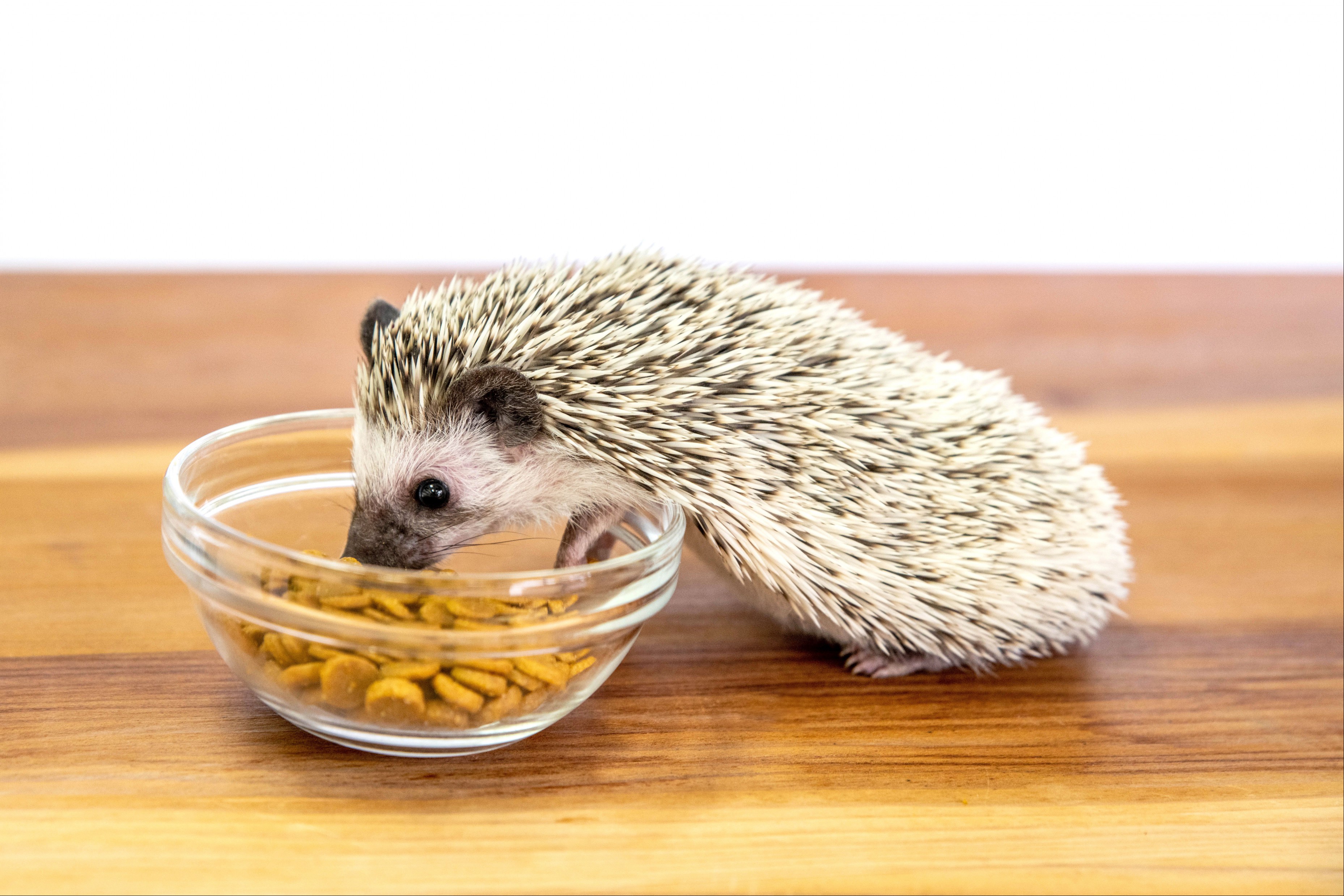
The Spruce / Adrienne Legault
How Much and When to Feed Your Hedgehog
Each day, 1 to 2 tablespoons of kibble should be offered to an adult hedgehog, in addition to 1 teaspoon of fruits and vegetables and some insects. Larger and very active hedgehogs may need more food, but your hedgehog's weight should be monitored with the use of a baby scale. If there is more than a 10% weight gain, you should cut back on how much food is offered.
Hedgehogs are prone to obesity, so it is of utmost importance to monitor how much you are feeding them. The hedgehog or cat kibble should make up the majority of the daily diet, and even though a hedgehog is very active at night and burns a lot of energy, you'll want to control how much kibble they get.
A hedgehog may eat more at night when they are most active and running on their wheel, so don't worry if you don't see them eating much during the day. Any uneaten food should be disposed of the next day to avoid spoilage.
Fresh water should always be available.
What Not to Feed Hedgehogs
Some foods are toxic to hedgehogs, like avocados, or hard for them to digest, like milk. Others don’t provide enough nutrition, like celery, or contain excess nutrients, which could lead to deficiencies or imbalances.
Here are some of the foods you shouldn’t give to your hedgehog:
- Raw meat
- Processed meat
- Raw eggs
- Milk
- Dairy products
- Bread
- Avocado
- Celery
- Lettuce
- Nuts
- Seeds
- Peanuts
- Dried fruits
- Dried vegetables
- Starchy vegetables
- Hard raw vegetables
- Human foods, such as salty or sugary snacks
With the right variety of foods, you can provide the optimal balance of nutrients to your hedgehog. If you aren’t sure about your hedgehog’s diet, consult a veterinarian.
